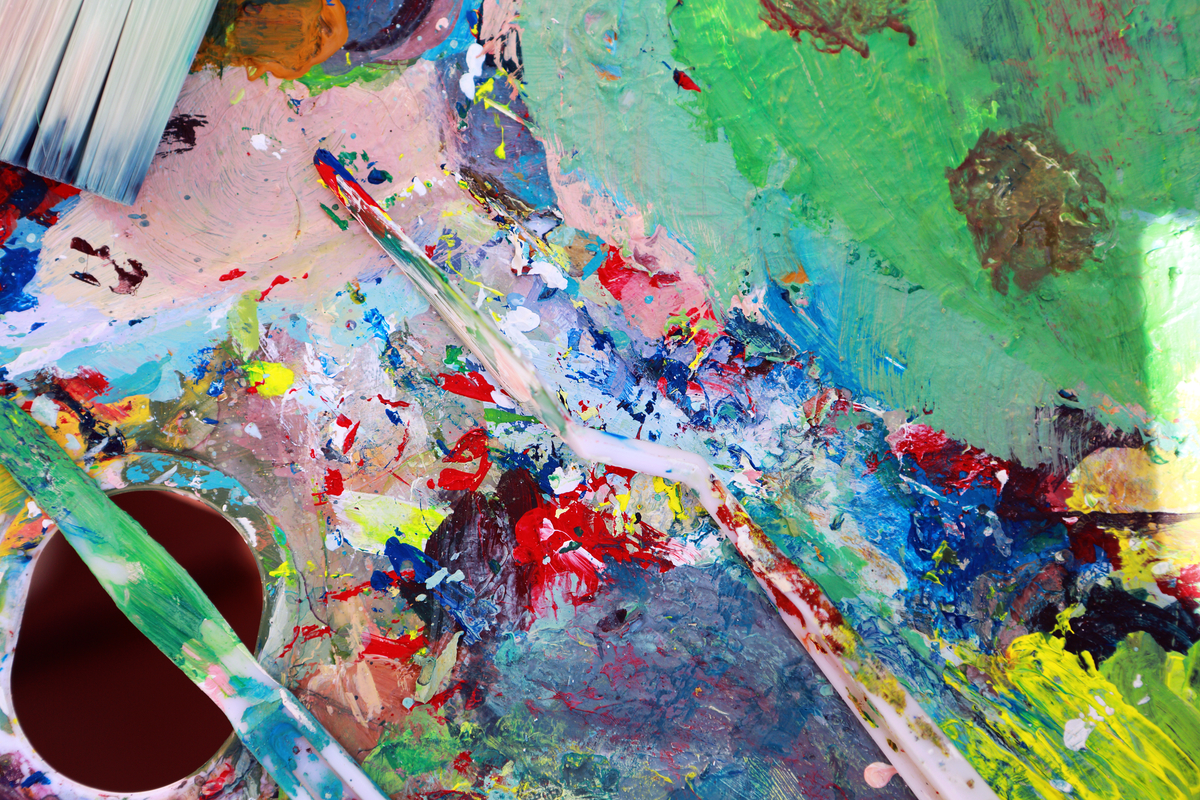If you go into a room full of seven- and eight-year-olds and ask, “How many of you will be professional athletes?” you’ll get a bunch of raised hands. Same thing if you ask about becoming president or living on Mars. Those numbers are completely out of step with reality, obviously. I’d bet good money that none of those second graders would end up doing those things. A few might, of course, but it’s still a safe bet.
But that’s not the only thing they’ll raise their hands for. If you ask them, “How many of you are artists?” you’ll see nearly every hand in the room shoot up.
Contrast that with a room full of adults. How many of us will raise our hands—5 percent? One?
I don’t bring this up to point out how silly second graders are. The opposite, really. Their attitude about art and creativity has a lot to teach us. They know more than we do! They naturally express their unique creativity in everything they do, from math to writing to conversations to forest exploration.
When Jesus said, “Truly I tell you, unless you change and become like little children, you will never enter the kingdom of heaven,”[1] I think part of what he was talking about is a child’s innate sense of creativity.
As we age, we lose our fearlessness. We become less concerned with expressing ourselves than with managing how others see us.
And not for no reason! Expression, at least as we age, involves risk. Over time we learn that some expressions earn us applause or money or approval, while others earn us ridicule or fear or rejection. So the spark of creativity we had inside us as kids, the one that set every idea on fire with possibility, fades to ember. And in some of us—most of us, maybe—it’s gone out completely.
Friends, that is not what God intends.
An infinitely creative God created us. And God continues to be creative in us, so that we can be creative—in his name—for the sake of the world.
Our call to express ourselves through a lifestyle of creativity is like someone turning on every light in a house at sunset. You’ve walked or driven past houses that are all lit up, right? What’s cool about them is that we can’t help but stare! There’s something attractive and compelling about a glowing house in a dark neighborhood. (The Bible uses a similar image, by the way, but I’ll let you find those examples on your own if you’re curious.)
When we give up on living lives of creative expression, it’s like we’re turning out the lights.
We’re not talking about some lonely, isolated, creative genius brooding off in a cabin somewhere. We’re talking about real, everyday life. See, creativity and self-expression, which are part of how God designed us to live, are about better loving God and loving our neighbors.
Creativity begins inside, but it’s not meant to stay there. Creativity is a blessing from God, through us, for the world. And it breaks my heart to write this, but in the fifteen-plus years I’ve been part of various Christian churches in America, I have never once heard someone preach that truth.[2]
You can rediscover the artist that God created you to be.
Think about that. We’re not talking about if you’re an artist or about if God designed you to be creative. Those things are already true, for all of us. Instead, we’re going to look at the how and the why. And we’re going to do more than satisfy our longing for creativity and self-expression.
We’re going to join God’s Spirit in transforming everything!
Justice is actually easy to define. It’s basic fairness and wholeness and rightness, grounded in who God is and who we are. We should not pull out our hair trying to define and redefine and argue a concept that is really meant to be understood by living it. Creativity is much the same. There are literally entire books that try to define creativity. I’ll do it in one sentence: Creativity is when we tap into who God created us to be in order to make something new and beneficial for the sake of the world.
It’s important not to think that creativity and self-expression describe only fine art. Creativity can mean painting a portrait or painting a house. It applies to creating a song or creating a spreadsheet. As we’ll see in our scripture in just a second, all of us are called to be creative and all of us are called to do good works. But clearly not all of us are called to be professional artists. That must mean that God has designed ways for us to be creative in our jobs.
Here is the scripture to dig into here—Ephesians 2:8-10:
For it is by grace you have been saved, through faith—and this is not from yourselves, it is the gift of God—not by works, so that no one can boast. For we are God’s handiwork, created in Christ Jesus to do good works, which God prepared in advance for us to do.
I love these verses. Partly for their unexpected connection to creativity, and partly because we’ve got the whole story of Scripture here in fifty-four words!
Let’s start with God being a creative God. That’s not mind-blowing to most of us because we believe God created everything. Which is mind-blowing, actually, but we’re so used to the idea that it seems run-of-the-mill.
However, we aren’t as comfortable thinking about God’s creativity being demonstrated in us, right now. We think that sure, it applies to people in general, maybe. Or specific people who are awesome, maybe.
But me? You?
Yet Ephesians says we are God’s handiwork, created in Christ Jesus. That word handiwork is incredible. Some translations use workmanship or masterpiece or creation. In Greek it’s the word poēma. That’s where we get our English word poem. So Paul is saying that we are God’s poem. Which is stunning.
I’m not a poet, but I love reading good poems. Poetry has this way of cutting right to the heart of something, doesn’t it? Like you’ve seen a million trees before, but suddenly a poem about a certain tree gives you eyes to truly see it for the first time. A love poem can change the course of a life.[3] Poems are expansive and unique and specific and memorable.
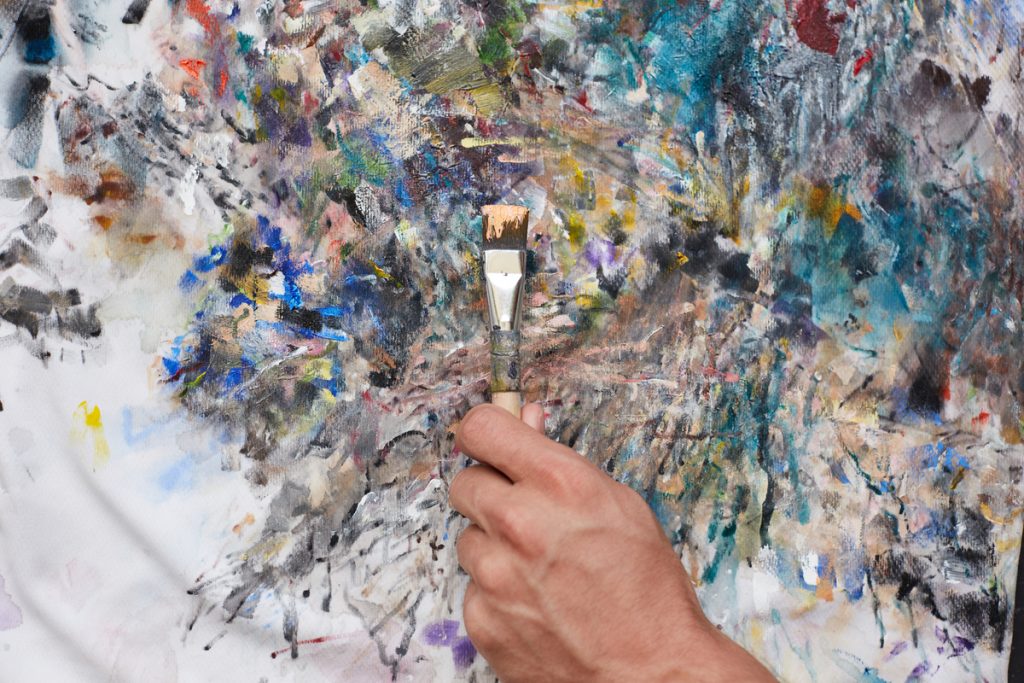
That’s who you are. You, the person reading this, are God’s poem. God’s glorious work of art.
I like this lyric: You make everything glorious / And I am Yours / What does that make me?[4] Such a great rhetorical question! We don’t usually think like that, but it’s true. God is a master artist, and he doesn’t make junk.
But We’re Still in Process
Okay, but don’t get a big head about it! It’s by grace we’ve been saved. So don’t go around saying, “Oh, yeah, I’m totally God’s Mona Lisa. I’m God’s Moonlight Sonata.” Because we aren’t just God’s art . . . we’re unfinished art. Second Corinthians 3:18 tells us that God’s Spirit is transforming us into the image of God. It’s still happening![1]
Sometimes Christians will say, “God’s not finished with me yet.” Usually we bring that up when we screw up. And that’s true. But it’s also true that God’s not finished with the good stuff in us either. God’s creativity created the world and everyone in it, just like God’s creativity is—present tense, is—re-creating and refashioning us, day by day.
Look back over the last hour, the last week, the last year. Your whole life.
That’s God’s canvas—including the pain.
I’m not being flippant here when I say “your whole life.” I’m acquainted with how life can slap us around. How it can drip poison into our veins, year after aching year.
But if the Bible is right about us being God’s art, pain is to be expected. Paintings have sketches and false starts and errors beneath the final layer. Songs have discarded sections and terrible first versions. In the last chapter we talked about using our “stuff” to serve others. The places where we’ve been hurt or broken are the places where God shows us how to be truly transformational servants.
God doesn’t promise us that bad things won’t happen. If a preacher tells you that, you can officially stop listening. God doesn’t promise we won’t be hurt. God doesn’t promise we’ll be rich or healthy or successful.
Know what God does promise? That we’ll have trouble in this world—and that we can take heart and be courageous because God’s grace and power are sufficient.
When we try find a savior other than God—something to keep us from ever being hurt or suffering pain—there is always a moment when our so-called savior fails us.
This is especially tempting for certain types of creative artists.
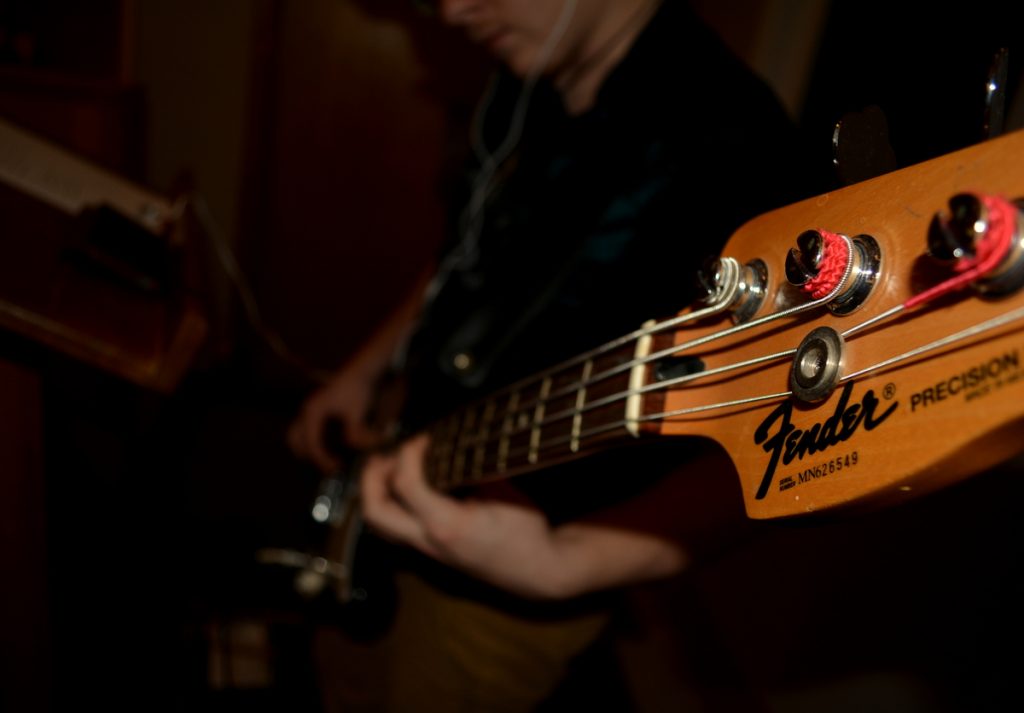
I know because I tried it. Before I met Jesus—but after I had become a solid bass player—I was a professional musician.
After Jesus saved me, I was still struggling with something related to creativity. I was playing gigs all the time, and I was finding my identity in my performances. If it seemed I’d connected with the audience and everyone responded well to how I played, I would feel great about myself. I’d be elated all night and into the next day. But if I got a lousy response from the audience or didn’t live up to the vision I had for my own performance, I’d be devastated.
If you’re looking to art to be your savior, you’re in for a bumpy ride. Art isn’t a savior. And it can be a brutal taskmaster.
But you are God’s art, and God is the only one who can truly save. God is the only one who can take the pain in your life, and the failure in your life, and redeem it . . . not just for your sake, but to transform others as well.
See, we think failure is antithetical to creativity, but really it’s the vehicle. Let’s go to God’s Word. Think of the failures in the pages of Scripture that turned out to be part of God’s creative plan. Adam and Eve. Moses. Jacob. David. Paul.
Jesus being put to death. Literally everyone thought that meant the whole thing had failed.
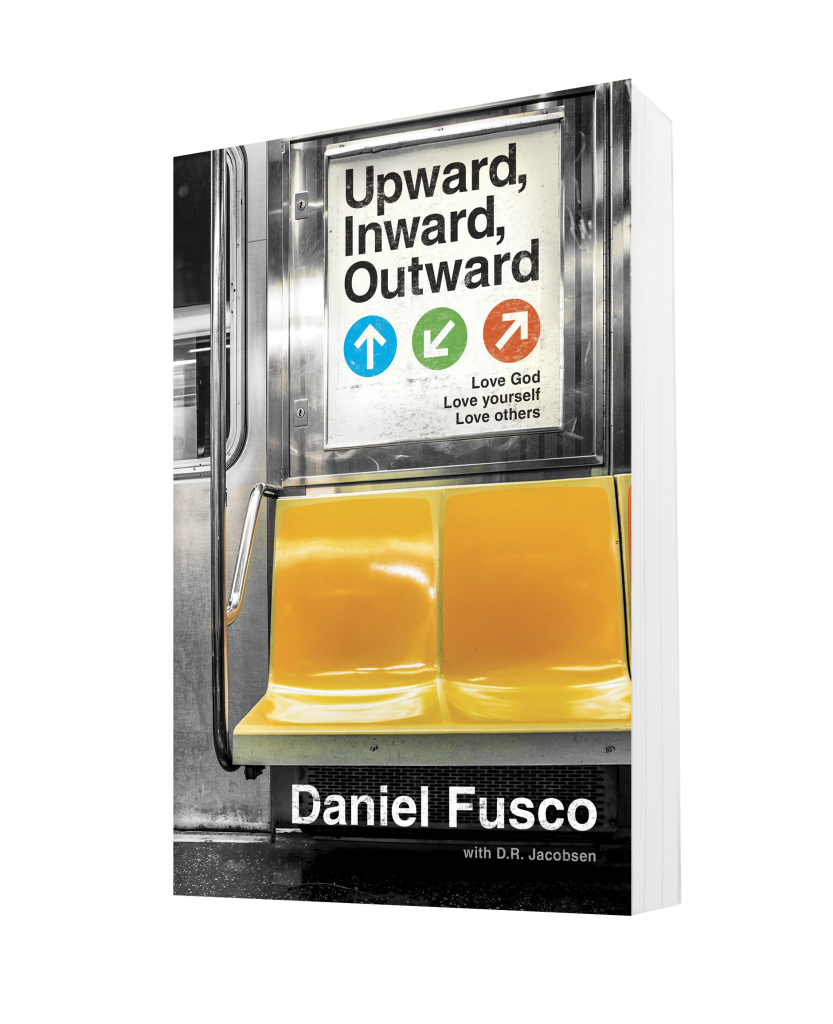
Here’s a quick story from music history. The great Charlie Parker, who is one of the great pioneers of jazz, goes to a jam session as a young man. He stands up with his saxophone, and . . . it does not go well. The other musicians are shaking their heads like, “Man, this kid doesn’t have it. This isn’t working.”
Charlie keeps soloing a bit longer, when all of a sudden, there’s this big crash. The drummer has taken one of the cymbals off the stand and tossed it on the ground—that’s how much he didn’t like Charlie’s solo!
That incident, that failure, became the fuel that propelled Charlie Parker forward. He practiced and performed and practiced and performed, and in time he created an entire genre of jazz called bebop.
We could look at athletes who go undrafted and still become huge successes. We could look at a painter like Van Gogh who scarcely sold any paintings in his lifetime. Or Steve Jobs getting ousted from Apple, then going on to start Pixar, then coming back to Apple and setting it on a path to become one of the most successful companies in the world.[2]
We are God’s poems, God’s works of art—but we’re unfinished.
And thank God for that!
Because the more space there is in us for God to work his creativity, the better.
You’ve been reading Daniel Fusco’s Upward, Inward, Outward: Love God, Love Yourself, Love Others. Daniel is an expert on illustrating how Jesus is at street level with you and me. In this book he unpacks how the greatest commandment Jesus gave us is to be lived out today. We only have one life, so we need to live the most meaningful life possible!
- Keep reading an excerpt from Upward, Inward, Outward here.
- Get the book now at 20% off.
- Learn more about Daniel’s first book, his ministry, jazz music, and more at his website. Daniel also delivers great 2 minute messages on facebook almost every day.
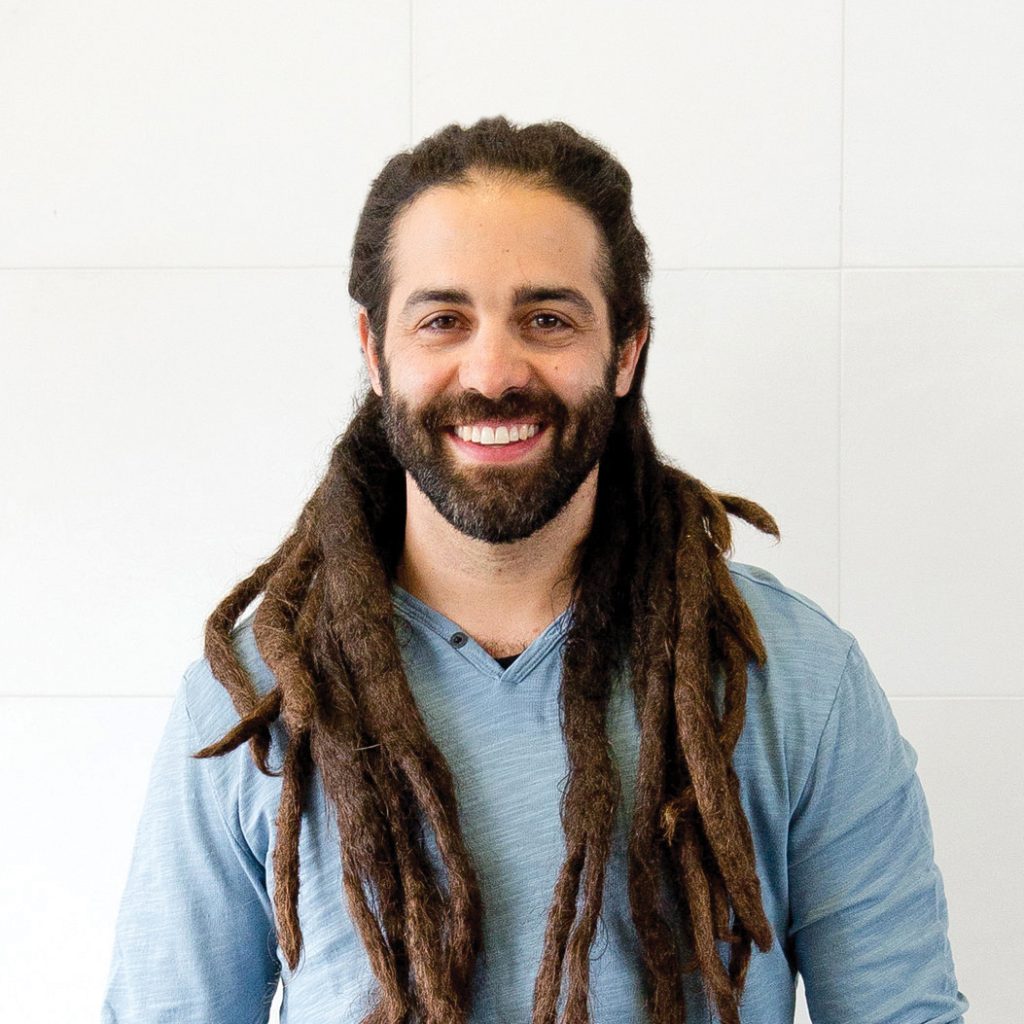
[1] If you want to think more about this idea, via a great work of art, check out C. S. Lewis’s The Great Divorce.
[2] “Steve Jobs: A Timeline: CNET Remembers the Key Milestones in Apple Co-Founder Steve Jobs’ Life,” CNET, October 5, 2011, accessed April 17, 2017, https://www.cnet.com/news/steve-jobs-a-timeline/.
[1] Matthew 18:3.
[2] I know some churches do. But more need to. And more often.
[3] True story: My writing partner got his wife to start dating him after he wrote her a love sonnet. I believe the poetic term for that is wooing!
[4] David Crowder Band, “Everything Glorious,” Remedy (sixsteps, 2007).

